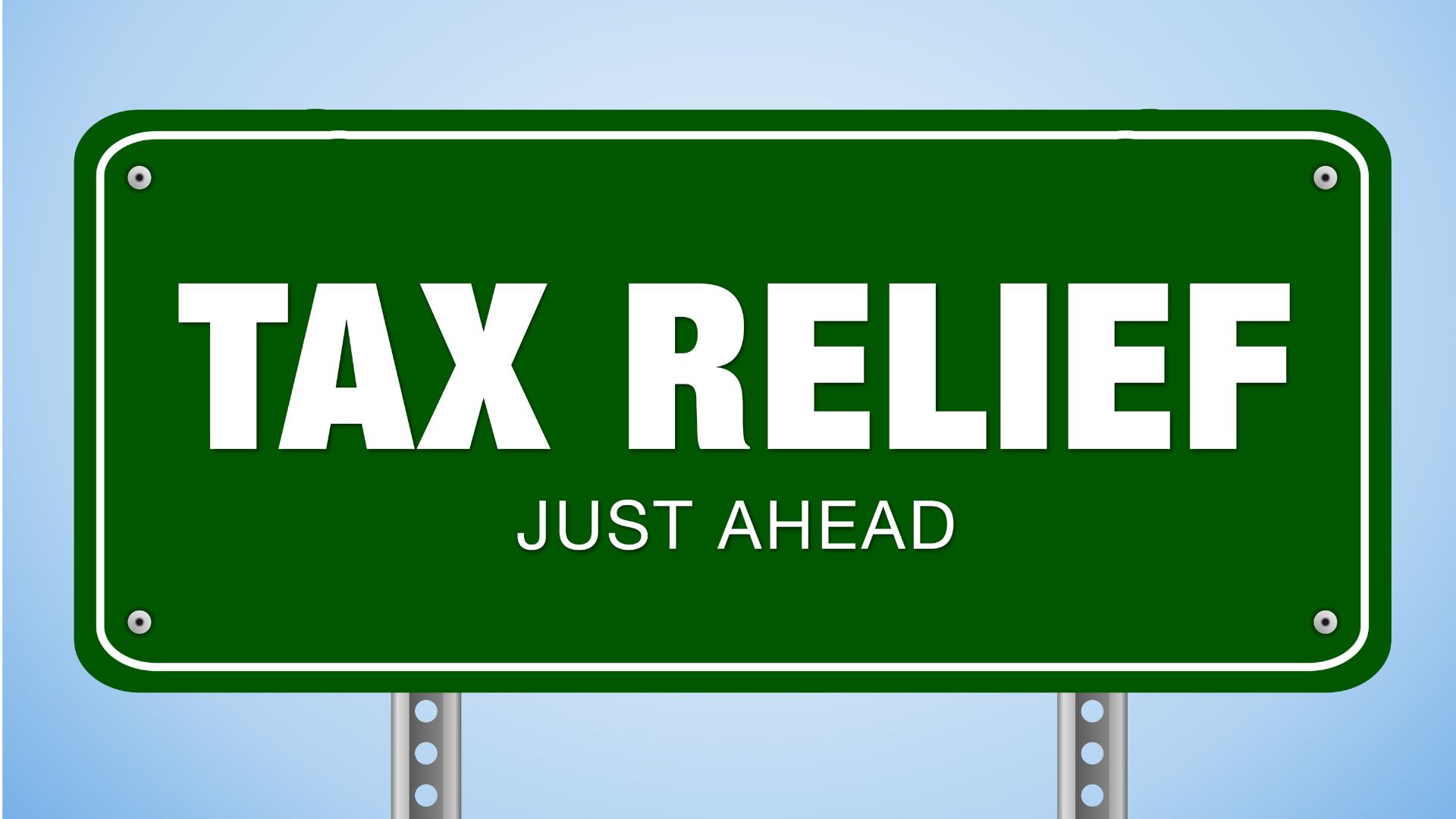Running a small or medium-sized business in the UAE is both exciting and challenging. You get to chase your dreams, create jobs, and contribute to the local economy. But with all the excitement comes responsibility-especially when it comes to taxes. The UAE’s corporate tax landscape is evolving, and staying compliant is crucial for your business’s success and reputation.
For many business owners, taxes can seem like a maze. The rules change, deadlines shift, and the paperwork can feel endless. That’s where tax agencies come in. These professionals are not just number crunchers-they are your partners in making sure your business stays on the right side of the law, avoids penalties, and even finds opportunities to save money.
In this blog, we’ll explore why tax agencies are so important for SMEs in the UAE, how they help you stay compliant, and share real-world examples to make things clear and relatable.
Why Is Tax Compliance So Important for SMEs?
Let’s start with the basics. Tax compliance means following the rules set by the government regarding how much tax you owe, when you need to pay it, and how you report it. In the UAE, the introduction of corporate tax and ongoing VAT requirements have made compliance more important than ever.
Here’s why it matters:
– Avoiding Penalties: Late filings or mistakes can lead to hefty fines.
– Business Reputation: Non-compliance can hurt your credibility with banks, investors, and customers.
– Growth Opportunities: Proper tax records make it easier to secure loans or attract investment.
But with limited resources, most SME owners can’t keep up with every new regulation. That’s where professional tax agencies step in.
What Do Tax Agencies Actually Do?
Think of a tax agency as your business’s tax doctor. Just as you’d see a doctor for your health, you see a tax agency for your financial well-being. Here’s how they help:
- Understanding and Interpreting Tax Laws
Tax laws can be confusing, especially when they change. For example, in 2023, the UAE introduced a 9% corporate tax on business profits above AED 375,000. Many SMEs were unsure if this applied to them, how to calculate profits, or what expenses could be deducted.
Tax agencies break down these laws into simple language, explain what applies to your business, and keep you updated on any changes.
Example:
A small logistics company in Dubai wasn’t sure if their operations in a free zone were subject to the new corporate tax. Their tax agency clarified the rules, saving them from unnecessary tax payments and helping them claim legitimate exemptions.
- Registering Your Business for Taxes
Registering for corporate tax or VAT is not just filling out a form. You need to provide accurate information, supporting documents, and sometimes answer follow-up questions from the authorities.
A tax agency makes sure your registration is done correctly and on time, avoiding delays or penalties.
Example:
A Sharjah-based tech startup missed the VAT registration deadline and faced a fine. After hiring a tax agency, they got help with their corporate tax registration, ensuring they never missed a deadline again.
- Preparing and Filing Tax Returns
Filing your tax return means reporting your income, expenses, and profits to the government. Mistakes can be costly.
Tax agencies gather your financial data, check for errors, prepare the return, and file it on your behalf.
Example:
A family-run restaurant in Abu Dhabi struggled with record-keeping. Their tax agency set up a simple system for tracking sales and expenses, making tax filing stress-free and accurate.
- Keeping Records and Documentation
The UAE tax authority can ask to see your records at any time. Missing invoices or receipts can lead to problems.
Tax agencies help you organize and store your documents, so you’re always ready for an audit.
Example:
A retail shop in Ajman was audited and couldn’t find several key invoices. Their tax agency helped reconstruct the records and put a better system in place for the future.
- Advising on Tax Planning and Savings
Tax isn’t just about paying what you owe-it’s also about not paying more than you have to. There are legal ways to reduce your tax bill, like claiming deductions for business expenses.
A tax agency advises you on the best ways to structure your business and expenses to minimize taxes.
Example:
An events company in Ras Al Khaimah learned from their tax agency that they could claim deductions for marketing expenses, reducing their taxable profit and saving thousands of dirhams.
- Staying Updated with Regulatory Changes
Tax rules in the UAE are evolving rapidly. What was true last year may not be true today.
Tax agencies stay on top of new laws and guidelines, ensuring your business always complies with the latest requirements.
Example:
In 2024, the UAE introduced stricter rules for free zone companies. A manufacturing SME’s tax agency flagged the changes early, helping them adjust their operations and maintain their tax benefits.
- Representing You in Case of Disputes or Audits
If the tax authority questions your return or audits your business, it can be stressful.
Tax agencies act as your representative, communicating with the authorities, explaining your case, and resolving issues.
Example:
A consulting firm in Dubai faced a tax audit. Their tax agency handled all communications, provided the necessary documents, and the audit was closed without any penalties.
Common Misconceptions About Tax Agencies
Some SME owners hesitate to hire a tax agency because of common myths. Let’s clear them up:
– “It’s too expensive.”
In reality, the cost of a tax agency is often much less than the fines or missed savings from DIY tax management.
– “My business is too small.”
Even micro-businesses can benefit, especially as tax rules become more complex.
– “I can handle it myself.”
Unless you’re a tax expert, it’s easy to miss something important. Tax agencies bring expertise and peace of mind.
How to Choose the Right Tax Agency
Not all tax agencies are the same. Here’s what to look for:
- Experience with SMEs:
Choose an agency that understands the unique needs of small and medium businesses in the UAE.
- Clear Communication:
They should explain things in plain language and be easy to reach.
- Up-to-Date Knowledge:
Make sure they stay current with the latest tax laws and regulations.
- Transparent Pricing:
Avoid agencies with hidden fees. Ask for a clear breakdown of costs.
- References and Reviews:
Check their reputation with other businesses like yours.
Practical Tips for Working with a Tax Agency
– Keep Your Records Organized:
Make it easy for your agency to help you by keeping receipts, invoices, and bank statements in order.
– Ask Questions:
Don’t be afraid to ask for explanations. A good agency will make sure you understand your obligations.
– Stay Involved:
Your agency is a partner, not a replacement for your involvement. Stay informed about your business’s tax situation.
Conclusion
Tax compliance is not just a legal requirement-it’s a foundation for your business’s growth and stability. In the fast-changing landscape of UAE corporate tax, having a professional tax agency by your side is more important than ever.
They do more than just file forms. They clarify confusing laws, help you save money, keep your records in order, and stand by you in case of audits. Most importantly, they give you peace of mind, so you can focus on what you do best: running and growing your business.
If you’re an SME owner in the UAE, consider partnering with a trusted tax agency. It’s an investment that pays off in compliance, savings, and confidence.





